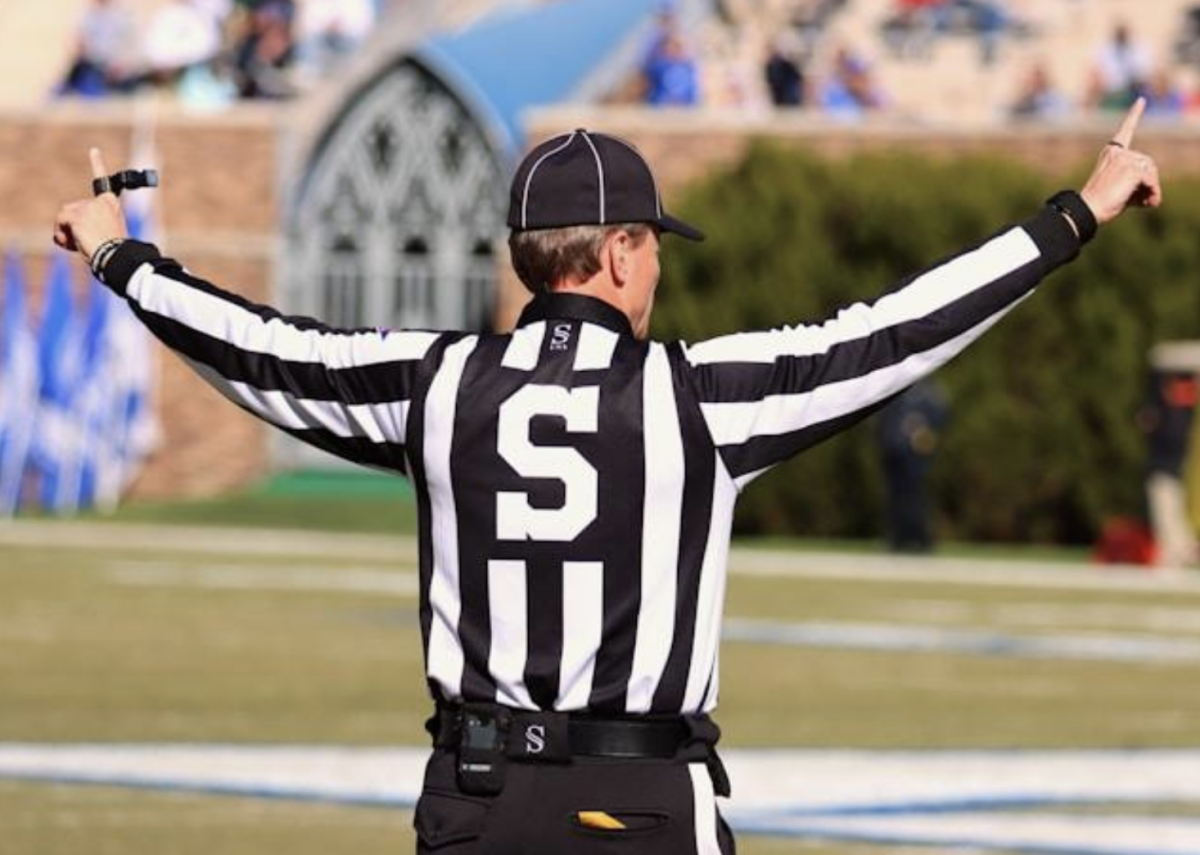Tusinski: In this house, we believe your yard sign is performative
Good intentions don’t excuse lackadaisical activism.
December 7, 2021
Editor’s Note: All opinion section content reflects the views of the individual author only and does not represent a stance taken by The Collegian or its editorial board.
Last year’s presidential election was a political turf war in the most literal sense.
As the election created a divisive political environment in the U.S., the tenseness of the moment created a series of proxy wars on lawns across America. People all over the nation and even here in Fort Collins planted signs supporting candidates, parties and ballot measures in a public display of politicism.
Colorado, which was a battleground state in the 2016 election, acted as a battlefield in this passive-aggressive civil war. Even as signs across the state were snatched, trashed and vandalized on both sides of the aisle, there was one sign that popped up in yards, storefronts and apartment windows both in and outside Colorado. Chances are you know the sign, and you know it well:

It has a number of iterations — some more conservative, some more tongue-in-cheek — but chances are you or someone in your neighborhood has this sign in their front lawn. While those who have planted it on their property may see it as a visible symbol of their supposed progressivism, the sign has come to symbolize the exact opposite: the neoliberal status quo.
The statements themselves are all relatively agreeable, palatable cornerstones of modern left-leaning ideology. That being said, your good intentions don’t excuse your lackadaisical activism.”
The sign was born in Wisconsin shortly after the 2016 election. The day after Donald Trump’s victory, a Wisconsin librarian etched 26 words in black Sharpie on a plain white foam board, planted it in her front lawn and watched as its popularity took off.
The sign quickly went viral on social media. It really got big when it became one of the most popular images shared by Pantsuit Nation, a Facebook group established to support Hillary Clinton in 2016 and Democrats in the years since. As a result, the sign and the six phrases emblazoned on it have become something of a calling card for so-called progressive-centrists. (That’s an oxymoron.)
Therein lies the issue with the sign. The problem isn’t the 26 words it has on it — the words are wonderful on their own — it’s the people who use those 26 words and why they use those words in particular.

The sign has become a hallmark for so-called “Brunch Democrats,” a term used to describe rich/upper-middle-class centrists who care more about not being able to go to brunch than they do genuine political issues. The term likely comes from a handful of protest signs from 2017-18 that read, “If Hillary was president, we’d all be at brunch.” Keep in mind that the ‘in this house’ sign was displayed at those same protests.
Rather than making a sign that distinctly articulates a singular belief around a poignant issue, the sign is a watered-down catchall to encompass a neoliberal political mindset.
“No matter what the protest is, you can yank this out of your lawn, and you’re good to go,” said Jennifer Rosen Heinz, one of the sign’s originators, in an interview with Mashable last year.
Realistically, the signs encompass everything wrong with the current state of American politics. Rather than actually taking to the streets and protesting, actively getting involved in electoral or ideological politics or doing anything of actual substance, a significant chunk of Americans will plant a yard sign as if that’s all they’re willing to do.
The sign is pretty much the real-life equivalent of sharing an infographic to your Instagram story.
Like I mentioned earlier, the sign is good in a vacuum. The statements themselves are all relatively agreeable, palatable cornerstones of modern left-leaning ideology. That being said, your good intentions don’t excuse your lackadaisical activism.
At the end of the day, America doesn’t need virtue-signaling yard signs, flags, Sherpa blankets and magnets. America needs real policy change. We need people who are willing to do more than put out a performative yard sign and call it a day. We need people who want to actually enact legislation to benefit this country — not slacktivists who just want to go back to brunch.
Politics aside, the large number of words, squished fonts and rainbow of colors make for an overall ugly sign anyways, no?
Reach Dylan Tusinski at letters@collegian.com or on Twitter @unwashedtiedye.







